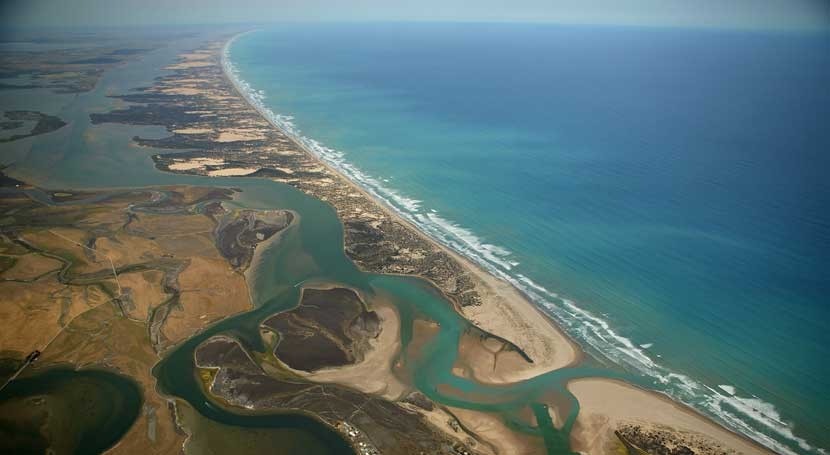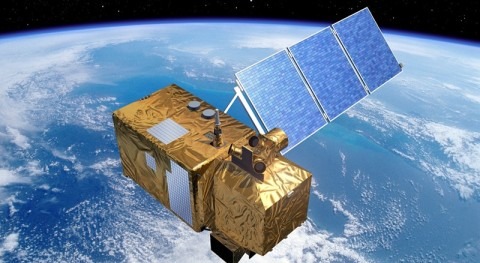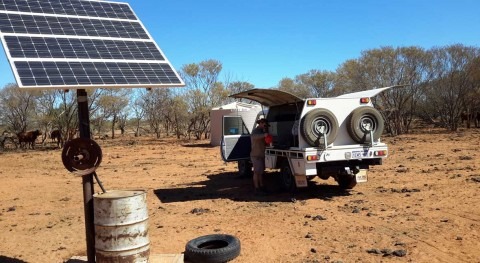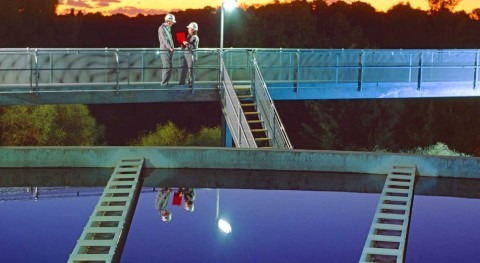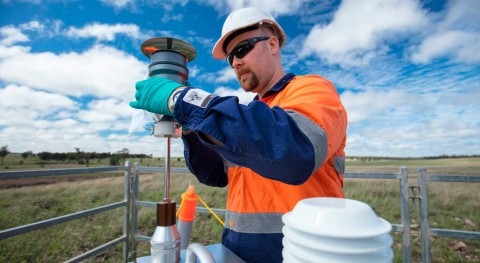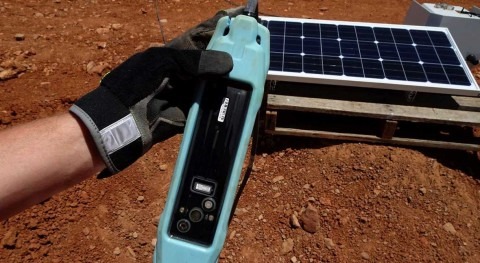The CSIRO-led review – recommended by the Murray–Darling Basin Authority’s Advisory Committee on Social, Economic and Environmental Sciences (ACSEES) – examined hundreds of scientific studies on the Coorong, Lower Lakes and Murray Mouth (CLLMM).
Chair of ACSEES, Professor Rob Vertessy said the comprehensive review has profiled the significant base of scientific knowledge underpinning the management of this important section of the Murray–Darling Basin.
“After examining a significant canon of research and consulting with almost 100 technical experts, the independent panel concluded that there are sound scientific reasons for why the Lower Lakes are managed as they are,” said Professor Vertessy.
Chair of the independent review panel and Research Group Leader in Water Resources Assessment and Prediction at Australia’s national science agency CSIRO, Dr Francis Chiew, said the review panel synthesised knowledge from hundreds of studies to inform their conclusions.
“The weight of evidence points to the main body of the Lower Lakes being largely fresh prior to European settlement, with moderate tidal influence and incursion of seawater during periods of low Murray River inflow. This is informed by palaeoecological records, water balance estimates, hydrological and hydrodynamic modelling, and traditional knowledge of the Ngarrindjeri people and anecdotal evidence of early explorers and colonists,” said Dr Chiew.
"Upstream development has reduced the river inflow by about half, resulting in more frequent incursion of seawater into the Lower Lakes, and the barrages were built in 1940 in response to these changes, isolating the Coorong and the sea from the Lower Lakes. Removing the barrages would have a significant ecological and socio-economic impact."
The review also found that under climate change, the management of the CLLMM would become increasingly challenging.
"Under climate change, sea level rise would alter the hydrodynamics of the Coorong and Murray Mouth, and cause more seawater to flow into the Lower Lakes. Evaporation from the Lakes would be higher. Catchment runoff in the southern Murray–Darling Basin, and therefore inflow into the Lower Lakes, are projected to decline," Dr Chiew said.
"Adaptation options are needed, not just for the CLLMM, but as part of the whole Murray– Darling Basin system."
Professor Vertessy stressed the importance of continuing to build the scientific knowledge base for the CLLMM, given their significance to Australia and the threats imposed by future climate change.
"The Lower Lakes and Coorong are a vital asset and of great cultural significance to the Ngarrindjeri Nation and the First Nations of the South East. The wetlands are internationally recognised, supporting endangered migratory birds such as the Curlew Sandpiper and Australian Fairy Tern, as well as threatened wildlife and rare plants. The lakes also support a thriving agricultural sector. Therefore, it's critical to know that the Lower Lakes are well managed now and into the future," Professor Vertessy said.
The report Independent Review of Lower Lakes Science Informing Water Management has been delivered to the Murray–Darling Basin Authority for continued reference in current and future water management.


